.
Electrodiagnostic Medicine and Neuromuscular Disorders
Unlock Advanced Neuromuscular Diagnostic Techniques and Treatment Strategies with Expert-Led Lectures from Harvard Faculty.
31 Hours of Content
41 Videos Full HD
8 Core Module
Lifetime Access
Convenient, Comprehensive Neurology and PM&R
Designed for neurologists and physical medicine & rehabilitation doctors, residents, and fellows, this continuing medical education program covers all diagnostic and management approaches to both inherited and acquired neuromuscular conditions.
The 41 lectures in Electrodiagnostic Medicine and Neuromuscular Disorders — each just 30 and 45 minutes in length — delve into basic techniques and clinical applications of electrodiagnosis and ultrasound, as well as generalized disorders, motor neuron diseases, polyneuropathies, neuromuscular junction disorders, and myopathies. Key take-home points from this online program include:
- Basics of Needle EMG: Voluntary Activity. Motor unit potential waveform reflects the change in motor unit architecture due to disease processes, while the interference pattern provides information about the number of motor units and their activation.
- Neuropathies Associated with Systemic Disease and Cancer. Countless systemic disorders — metabolic, nutritional, inflammatory, infectious, neoplastic, and others — can cause neuropathy and accordingly, neuropathy can take many forms. Carefully characterizing the phenotype of neuropathy can help narrow down the relevant causes.
- Muscle Channelopathies. For a patient with a personal and family history of muscle stiffness and pain, consider genetic testing for myotonic disorders.
- And more…
Let’s take a look at the topics and Speakers
Basic Neurophysiological Techniques
Basics of Nerve Conduction Studies - Sensory - Paul E. Barkhaus, MD
Basics of Nerve Conduction Studies - Motor - Paul E. Barkhaus, MD
EMG – Spontaneous Activity - William S. David, MD, PhD
Basics of Needle EMG – Voluntary Activity - Sanjeev D. Nandedkar, PhD
Assessment of the Neuromuscular Junction – Repetitive Stimulation and Single Fiber EMG - Sanjeev D. Nandedkar, PhD
Autonomic Function Testing - William S. David, MD, PhD
Clinical Applications for Electrodiagnostic Medicine: Focal Syndromes
Electrodiagnosis of Focal Upper Extremity Mononeuropathies - Michael P. Bowley, MD, PhD
Electrophysiologic Approach to Brachial Plexopathies - William S. David, MD, PhD
Focal Mononeuropathies in the Leg - William S. David, MD, PhD
Electrodiagnostic Approach to Lower Limb Radiculopathy and Plexopathy - Haatem Reda, MD
Peripheral Nerve Ultrasound - Kathy Chuang, MD
Clinical Applications for Electrodiagnostic Medicine: Generalized Disorders
Approach to the Patient with Generalized Weakness - William S. David, MD, PhD
Approach to the Patient with Multifocal Weakness - Meabh Ohare, MD
Approach to the Patient with Scapular Winging - Kathy Chuang, MD
Approach to the Patient with Diplopia - Paloma Gonzalez-Perez, MD, PhD
Approach to the Patient with Facial Weakness - Kathy Chuang, MD
Approach to the Patient with Clinical Myotonia - Paloma Gonzalez-Perez, MD, PhD
Approach to the Patient with Cramps - Sunjay Sethi, MD
Motor Neuron Diseases
Amyotrophic Lateral Sclerosis - Doreen Ho, MD
Atypical Motor Neuron Diseases - Mark Garret, MD
Spinal Muscular Atrophy - Basil T. Darras, MD
Polyneuropathies
Approach to Neuropathies - Reza Seyedsadjadi, MD
Charcot-Marie-Tooth (CMT) and Related Disorders - Reza Seyedsadjadi, MD
Guillain-Barré and Other Acute Acquired Neuropathies - Christopher Doughty, MD
Chronic Inflammatory Demyelinating Polyneuropathy and Related Disorders - Reza Seyedsadjadi, MD
Neuropathies Associated with Systemic Disease and Cancer - Christopher Doughty, MD
Toxic Polyneuropathies - Mohammad Kian Salajegheh, MD
Neuromuscular Junction Disorders
Myasthenia Gravis - Amanda C. Guidon, MD, MPH
Congenital, Lambert-Eaton Myasthenic Syndrome, Botulism - Amanda C. Guidon, MD, MPH
Myopathies
Clinical Approach to Muscle Disease - Anthony A. Amato, MD
Muscular Dystrophies - Vijay Ganesh, MD, PhD
Congenital Myopathies - Basil T. Darras, MD
Metabolic Myopathies - Anthony A. Amato, MD
Mitochondrial Myopathies - Anthony A. Amato, MD
Muscle Channelopathies - Mohammad Kian Salajegheh, MD
Idiopathic Inflammatory Myopathies - Anthony A. Amato MD
Systemic and Toxic Myopathies - Anthony A. Amato MD
Approach to the Patient with Rhabdomyolysis - Joome Suh, MD
Special Topics
Neonatal Hypotonia – Approach to the Floppy Infant - Basil T. Darras, MD
Neuromuscular Mimics - Erik R. Ensrud, MD
Rehabilitation of Neuromuscular Disorders - Kathy Chuang, MD
Who you will learn from
Course Directors
Anthony A. Amato, MDBWH Distinguished Chair in Neurology Chief, Neuromuscular Division Brigham and Women’s Hospital Professor of Neurology Harvard Medical School Boston, MA |
William S. David, MD, PhDAssociate Professor of Neurology Harvard Medical School Chief, Division of Neuromuscular Medicine Massachusetts General Hospital Boston, MA |
Speakers
Paul E. Barkhaus, MDProfessor of Neurology Department of Neurology Medical College of Wisconsin Milwaukee, WI |
Michael P. Bowley, MD, PhDAssociate Director MGB Neurology Residency Program Instructor in Neurology Harvard Medical School Comprehensive Neurology Division Division of Neuromuscular Medicine Department of Neurology Massachusetts General Hospital Boston, MA |
Kathy Chuang, MDDirector, MGH Paralysis Program Chief, Neuromuscular Rehabilitation Neuromuscular Division Massachusetts General Hospital Instructor in Neurology Harvard Medical School Boston, MA |
Basil T. Darras, MDAssociate Neurologist-in-Chief Chief, Division of Neurology Director, Neuromuscular Program Boston Children’s Hospital Boston, MA |
Christopher Doughty, MDClinical Director Division of Neuromuscular Disorders Department of Neurology Brigham and Women’s Hospital Assistant Professor of Neurology Harvard Medical School Boston, MA |
Erik R. Ensrud, MDProfessor of Neurology Professor of Physical Medicine and Rehabilitation University of Missouri School of Medicine Columbia, MO |
Vijay Ganesh, MD, PhDAssociate Neurologist Neuromuscular Division Brigham and Women’s Hospital Instructor in Neurology Harvard Medical School Boston, MA |
Mark Garret, MDInstructor in Neurology Harvard Medical School Assistant in Neurology Sean M. Healey & AMG Center for ALS Massachusetts General Hospital Boston, MA |
Paloma Gonzalez Perez, MD, PhDNeuromuscular Neurologist Massachusetts General Hospital Boston, MA |
Amanda C. Guidon, MD, MPHAssistant Professor of Neurology Harvard Medical School Assistant Neurologist Director, Myasthenia Gravis Clinic Massachusetts General Hospital Program Director MGB Neuromuscular Fellowship Boston, MA |
Doreen Ho, MDProgram Director in Education Sean M. Healey & AMG Center for ALS at MGH Neurological Clinical Research Institute Massachusetts General Hospital Boston, MA |
Sanjeev D. Nandedkar, PhDAdjunct Professor of Neurology Medical College of Wisconsin Milwaukee, WI Clinical Application Specialist Natus Medical, Inc. |
Meabh O’Hare, MDInstructor in Neurology Harvard Medical School Department of Neurology Brigham and Women’s Hospital Boston, MA |
Haatem Reda, MDSenior Clinical Neurologist Massachusetts General Hospital Instructor in Neurology Harvard Medical School Boston, MA |
Mohammad Kian Salajegheh, MDDeputy Chief, Department of Neurology Chief, Neuromuscular Division Director, Neuromuscular Center and EMG Laboratory Department of Neurology VA Boston Healthcare System Department of Neurology Brigham and Women’s Hospital Associate Professor of Neurology Harvard Medical School Boston, MA |
Sunjay Sethi, MDNeuromuscular Division Department of Neurology Brigham and Women’s Hospital Boston, MA |
Reza Seyedsadjadi, MDAssistant Professor of Neurology Harvard Medical School Massachusetts General Hospital Boston, MA |
Joome Suh, MDInstructor in Neurology Harvard Medical School Co-Director of Quality and Safety Brigham and Women’s Hospital Boston, MA |
Course Director
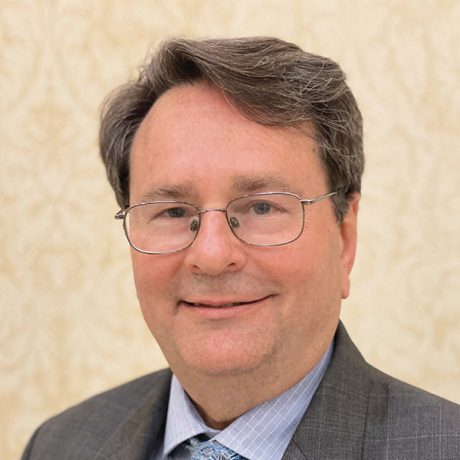
Anthony A. Amato, MD
Dr. Anthony A. Amato, MD, is a highly respected neurologist and a leader in the field of neuromuscular disorders. He is a professor of neurology at Harvard Medical School and the Chief of the Neuromuscular Division at Brigham and Women’s Hospital in Boston. With a focus on conditions such as myopathies, neuropathies, and motor neuron diseases, Dr. Amato is known for his expertise in diagnosing and managing complex neuromuscular diseases.
Dr. Amato’s research has made significant contributions to the understanding of autoimmune and genetic muscle diseases, as well as peripheral nerve disorders. He is a prolific author, having published extensively in top-tier medical journals and co-authored essential textbooks in neuromuscular medicine. His work is widely recognized both in clinical practice and research circles.
In addition to his contributions to patient care and research, Dr. Amato is a dedicated educator, mentoring future leaders in neurology and neuromuscular medicine. His work has earned him international recognition, and he is regularly invited to lecture at prominent medical conferences. Dr. Amato’s dedication to improving care for patients with neuromuscular conditions has solidified his status as a leading figure in his field.

William S. David, MD, PhD
Dr. William S. David, MD, PhD, is a prominent neurologist specializing in neuromuscular disorders. He serves as an associate professor of neurology at Harvard Medical School and practices at Massachusetts General Hospital, where he is involved in both clinical care and research. Dr. David’s expertise lies in diagnosing and treating a wide range of neuromuscular diseases, including amyotrophic lateral sclerosis (ALS), myasthenia gravis, and various forms of neuropathy and myopathy.
Dr. David holds both a medical degree and a PhD, which has allowed him to integrate cutting-edge research with patient care. His research interests focus on autoimmune and inflammatory neuromuscular disorders, and he has contributed to advancements in the understanding and treatment of these conditions. He has published extensively in peer-reviewed journals and is often sought after for his insights into neuromuscular diseases.
In addition to his clinical and research work, Dr. David is a dedicated educator, training residents and fellows in neurology and neuromuscular medicine. His leadership and contributions to the field make him a highly respected figure in both academic and clinical settings.
After participating in this activity, clinicians should be able to:
- List the methods of rehabilitation management of neuromuscular disease
- Recognize the common neuromuscular mimics of the upper extremity
- Identify the signs of neuropathies found on physical examination
- List the substances that can cause toxic polyneuropathies
- Compare the two groups of disorders found in muscle channelopathies
- Describe the classic presentation of amyotrophic lateral sclerosis
- Explain how to tailor the treatment of myasthenia gravis to disease severity and individual patient
- Discuss how to evaluate a patient with generalized weakness
- Outline the role of electromyography in focal mononeuropathies of the leg
- Name the common inherited and acquired causes of rhabdomyolysis
Intended Audience
This educational activity was designed for neurologists, physiatrists physical medicine & rehabilitation (PM&R) doctors, neurology residents and fellows, PM&R residents and fellows.

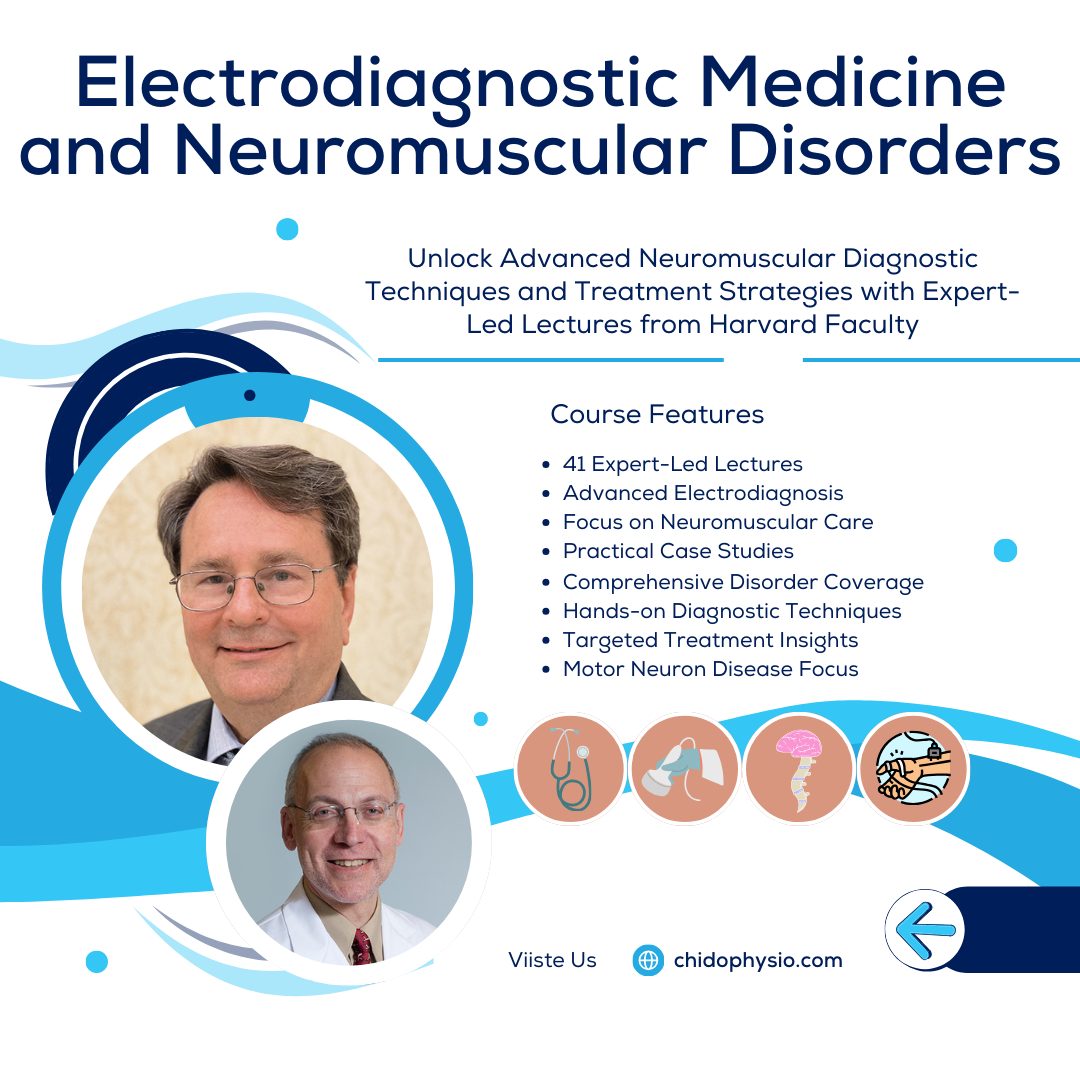
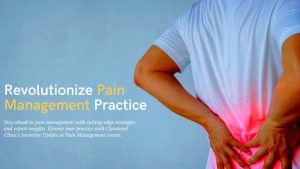
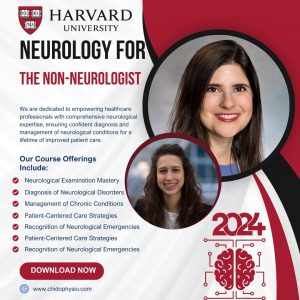
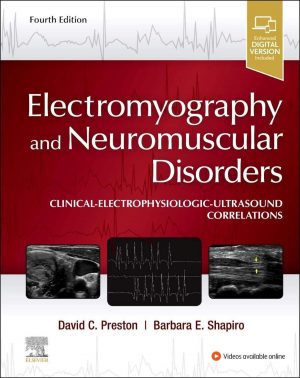
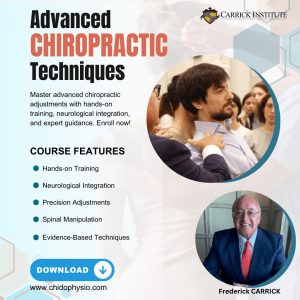
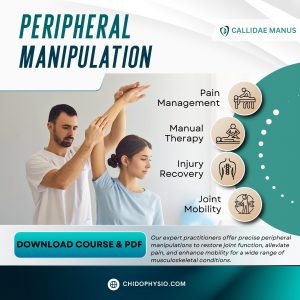
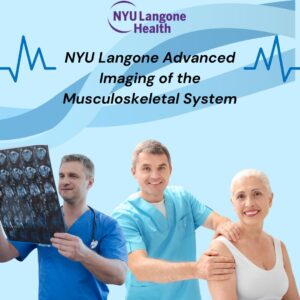
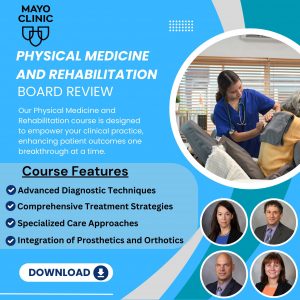
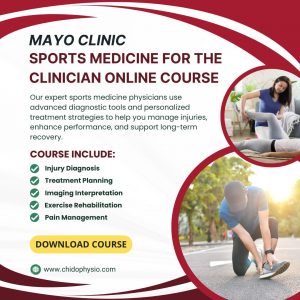
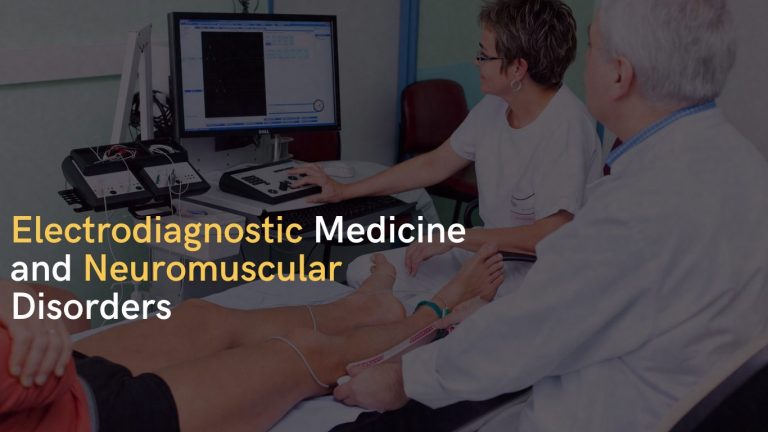
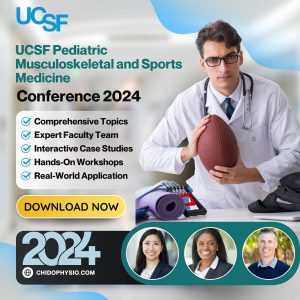
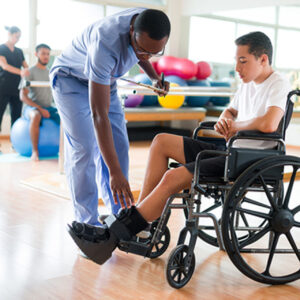
52 reviews for Electrodiagnostic Medicine and Neuromuscular Disorders